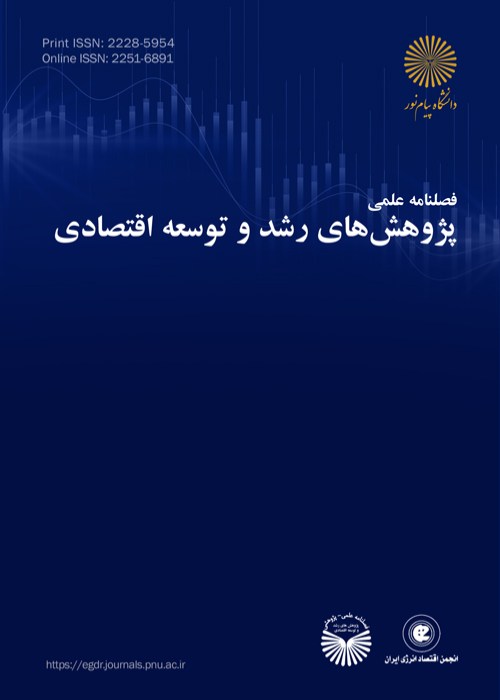Appropriate Monetary rule under Heterogeneous Expectations and Fiscal Dominance: The Case of Iran
The effectiveness of monetary policy is one of the most challenges of monetary authorities. It depends on the interaction between monetary and fiscal policy authorities and private sector behavior. Fiscal authority may or may not respect its intertemporal budget balance. Private agent's behavior in forecasting future values of macroeconomic variables is of the most importance. In standard monetary policy models, it is assumed that the fiscal authority tries to settle its outstanding debt. It is also assumed that, the economic agents forecast the future values of macroeconomic variables with rational expectations. Some studies about fiscal structure of the governments have shown that governments face with sustained budget deficit or accumulating outstanding debt. In this respect, many studies have investigated monetary policy in the context of fiscal authority which is not willing or not able to respect its intertemporal budget balance. At the same time many studies and evidences have shown that expectation formation of economic agents departs from rational expectations and different groups of agents may use different procedures to forecast future values of macroeconomic variables. This paper, taking into account these issues, drives the appropriate monetary rule under heterogeneous expectations and fiscal dominance in Iran. For this purpose, a closed economy dynamic stochastic general equilibrium model with two types of expectations: forward looking rational and backward looking adaptive expectations is used. Simulation results show that a fiscal shock increases production, inflation, investment and decreases consumption. Money growth rate shock increases production, inflation and consumption and decreases investment. Comparing the effects of two shocks shows that the effects of fiscal shock on variables is greater than the effect of monetary shock. It is also shown that increasing the share of non-rational agents increases the volatility of inflation expectations and output gap in response to fiscal and monetary shocks. This shows the importance of anchoring expectations in monetary policy design.
- حق عضویت دریافتی صرف حمایت از نشریات عضو و نگهداری، تکمیل و توسعه مگیران میشود.
- پرداخت حق اشتراک و دانلود مقالات اجازه بازنشر آن در سایر رسانههای چاپی و دیجیتال را به کاربر نمیدهد.




